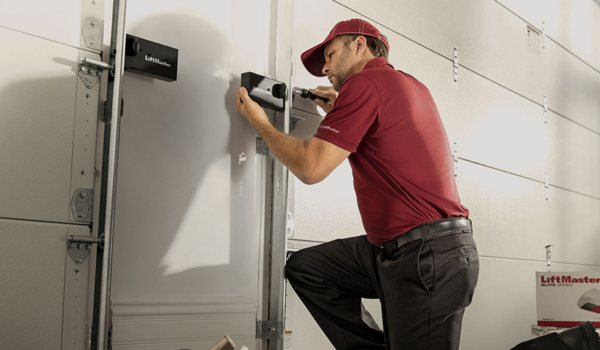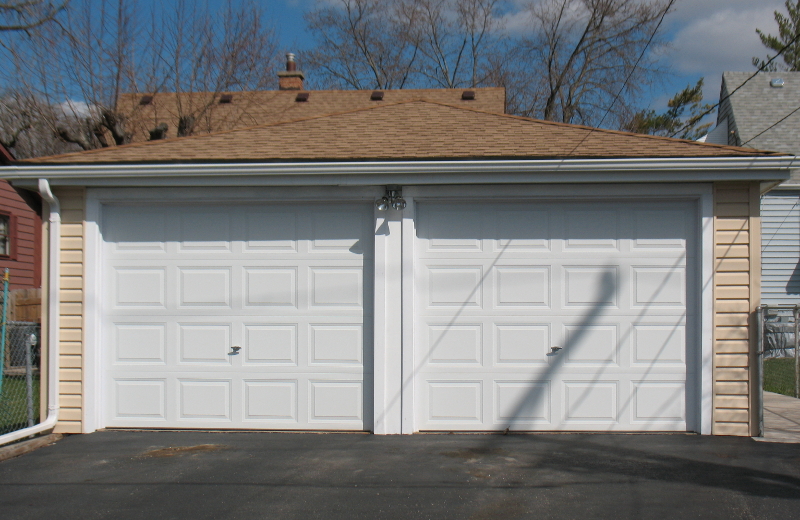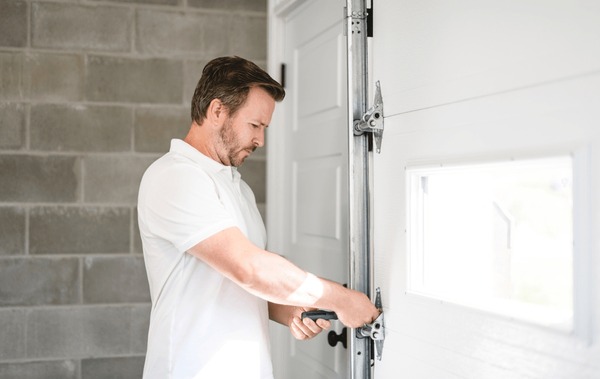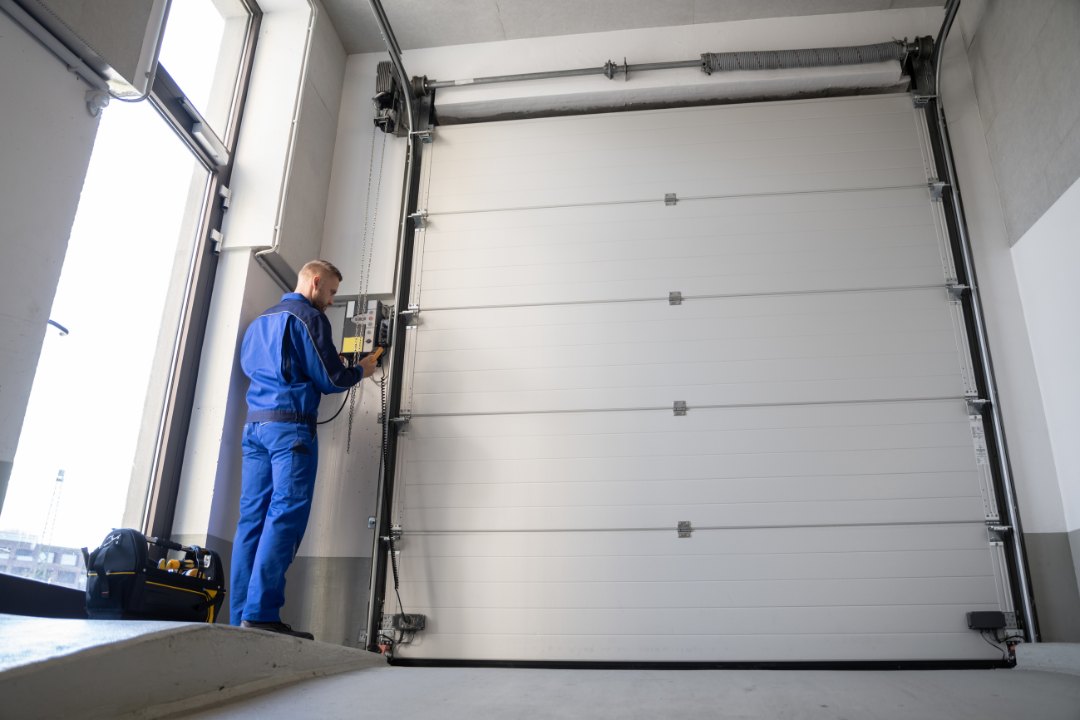Homeowners often find themselves in a situation where the comforting quiet of their home is disrupted by the unexpected noise from their garage door opener. If you’re one of those homeowners, you’re not alone. Regular garage door inspection for opener noise can help you identify potential problems and rectify them before they turn into costly repairs. This guide will walk you through the process of inspecting your garage door opener to ensure smooth and quiet operation.
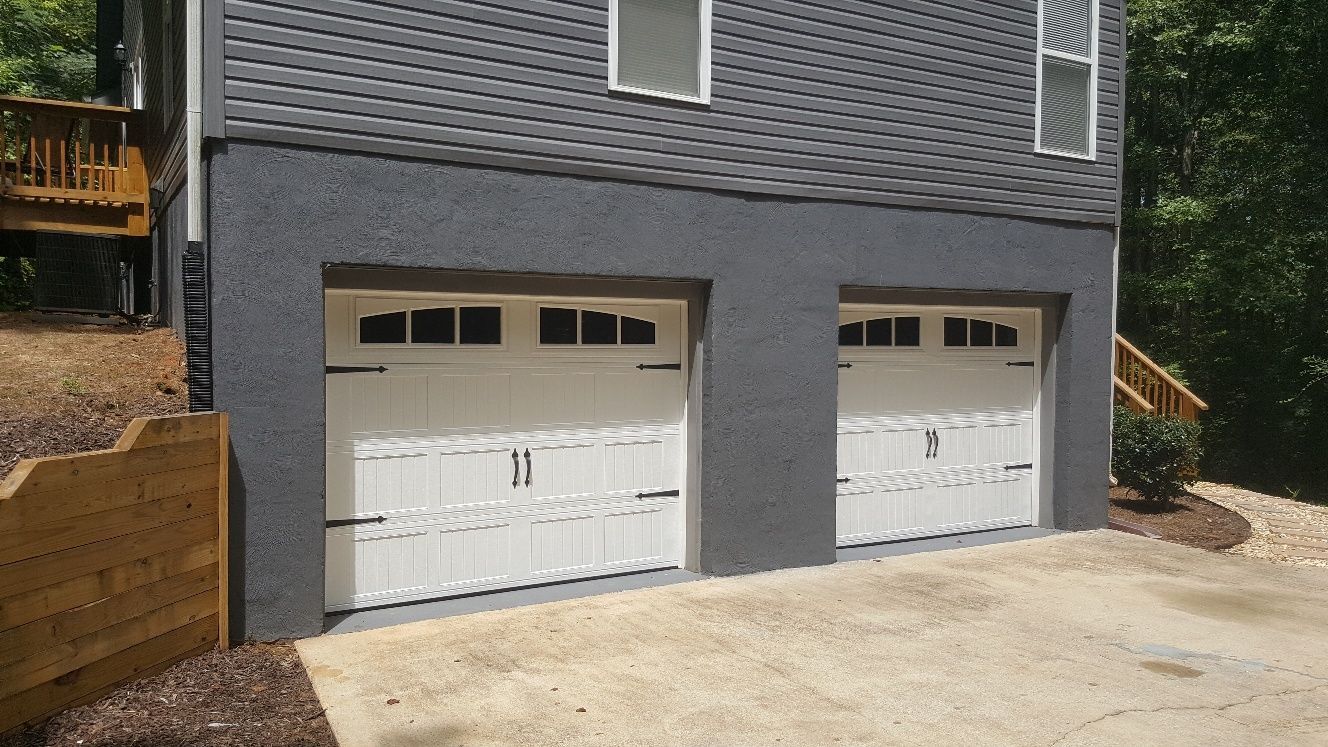
Understanding the Importance of Garage Door Inspections
Regular garage door inspections are crucial for maintaining the functionality and longevity of your garage door system. Ignoring the noise can lead to more significant problems, such as a malfunctioning door or a broken opener. Conducting inspections can help you identify issues early and keep your door operating smoothly. You can find more information on the signs you need a garage door inspection.
Common Causes of Opener Noise
There are several reasons your garage door opener might be making noise. Here are some common causes:
Worn Out Rollers
Rollers that have worn out or have become misaligned can cause your garage door to make a lot of noise during operation.
Loose Hardware
Over time, the hardware on your garage door can become loose, leading to rattling and other noises.
Old or Insufficient Lubrication
Your garage door’s moving parts need to be lubricated regularly to reduce friction and noise. Lack of lubrication can cause grinding noises.
Steps for Conducting a Noise Inspection
Here’s a step-by-step guide to garage door inspection for opener noise:
Visual Inspection
Begin by visually inspecting all parts of your garage door opener. Look for any visible signs of wear and tear or damage. This includes checking the tracks, rollers, springs, and other components. For more detailed guidance, you can read about how to inspect steel garage doors.
Test the Balance
A well-balanced garage door is less likely to make noise. Disconnect the opener and manually lift the door halfway. If it stays in place, it’s balanced. If not, adjustments may be needed.
Lubricate Moving Parts
Use a high-quality lubricant to grease the moving parts of your garage door, such as the rollers, hinges, and tracks. This will help reduce friction and noise.
When to Call a Professional
While many homeowners can handle basic garage door inspections, some issues require professional attention. If you notice significant wear, damage, or if the door is not operating correctly even after lubrication, it’s time to call in an expert. For instance, if you need advice on how to inspect a garage door keypad, professionals can provide the right assistance.
Preventive Maintenance Tips
Preventive maintenance can help you avoid the hassle of unexpected repairs. Regularly checking and maintaining your garage door can extend its life and keep it operating quietly. Consider creating a garage door inspection checklist to ensure you don’t miss any crucial maintenance tasks.
Conclusion
Conducting a garage door inspection for opener noise is vital for any homeowner who wishes to maintain a quiet and functional home environment. By understanding the causes of noise and taking the necessary steps to inspect and maintain your garage door, you can prevent potential problems and ensure your garage door operates smoothly for years to come.
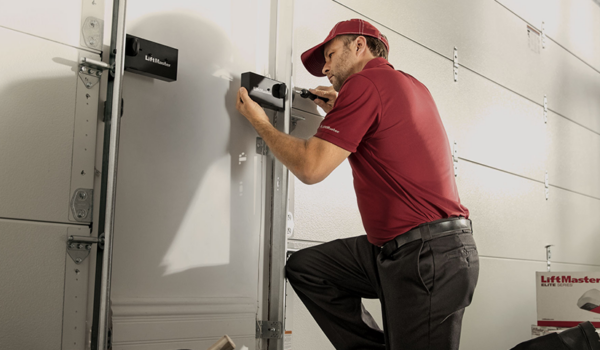
FAQ
Why is my garage door opener suddenly noisy?
Sudden noise can result from several factors such as worn-out rollers, loose hardware, or insufficient lubrication. Regular inspections can help pinpoint the exact cause.
How often should I inspect my garage door opener?
It’s recommended to conduct a garage door inspection every six months to ensure all parts are functioning correctly and to prevent unexpected noises.
Can I fix garage door noise myself?
Yes, minor issues can be addressed through regular maintenance like lubrication. However, for significant problems, it’s best to consult a professional.
This article contains affiliate links. We may earn a commission at no extra cost to you.




